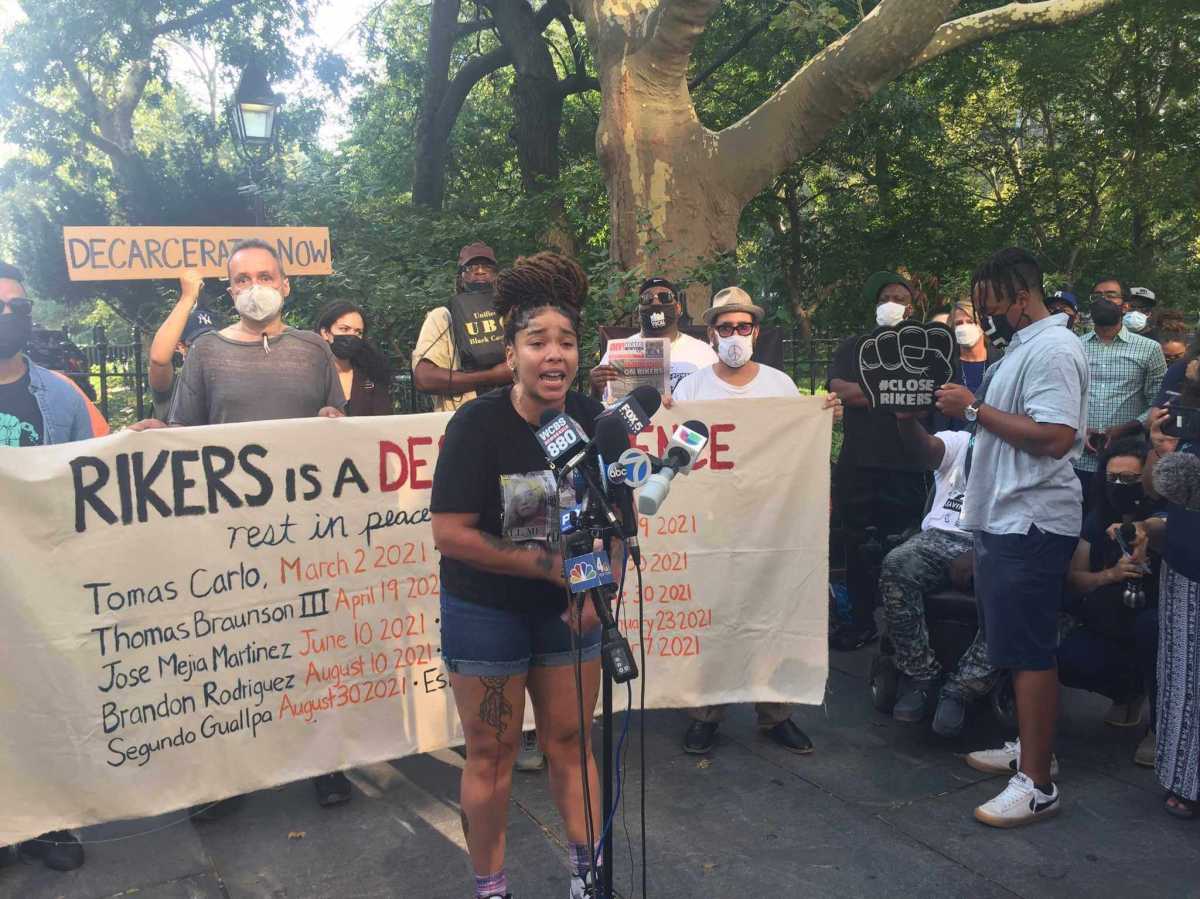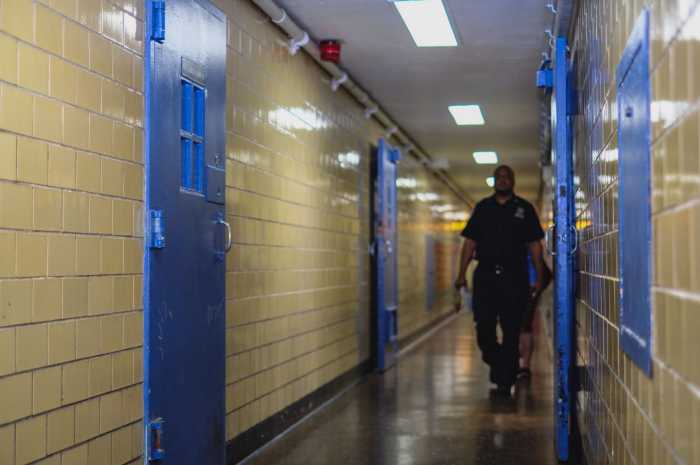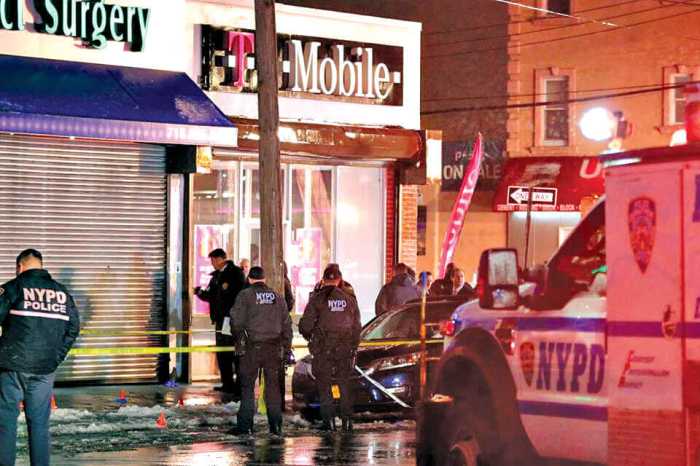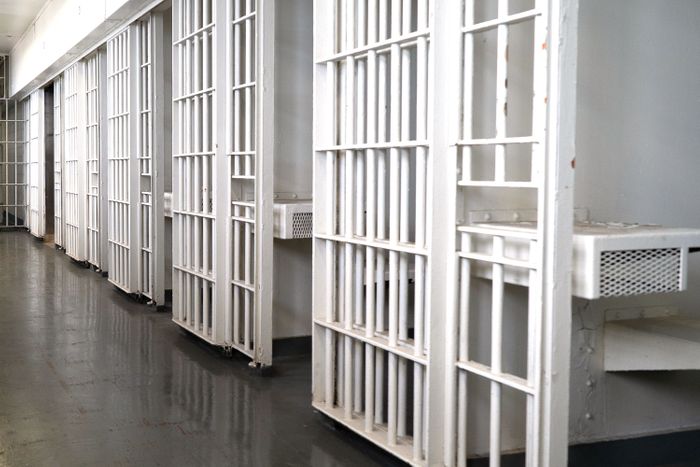No food, no water, no access to basic facilities. A “alarming amount of death,” including at least five suicides.
These are the conditions that make Rikers Island — New York City’s main jail facility — a living, breathing humanitarian crisis in the middle of the East River, according to City officials, justice activists and relatives of Rikers inmates who rallied and testified at City Hall on Wednesday morning.
The rally preceded a City Council Criminal Justice Committee hearing on the conditions at Rikers this morning. Council Member and Committee chair Keith Powers (D-Manhattan) said there had been a “collapse of basic jail operations” at the facility.
“We are sounding the alarm about the state of our city jails,” Powers said.
Public Advocate Jumaane Williams described his participation in a Sept. 13 tour of the jail with other elected officials, and said conditions amounted to a human rights crisis.
“No words can describe the trauma and inhumane conditions. [It’s an] environment that seems designed to create violence,” Williams said. “[I’m surprised] an Attica style uprising hasn’t happened yet.”
Williams said inmates lived surrounded by rotten food, feces, and urine, with no regular access to water, showers, or meals. Inmates are not afforded access to recreation or outdoors time, and the housing crunch has led to some inmates being housed in the showers. Williams said two residents could not sit or lay down in the showers, let alone sleep comfortably.
“This administration for deteriorating standards that I‘ve described,” Williams said, laying blame at the feet of Mayor Bill de Blasio.
Williams said the crisis led to 539 inmates hurting themselves between April and June of this year, and that the deteriorating environment has led to violence and sexual harassment against Rikers staff.
First Deputy Mayor Dean Fuleihan, Commissioner of the Department of Correction Vincent Schiraldi, and Marcos Soler from the Mayor’s Office of Criminal Justice took questions from committee members.
“[The] first step is signing the Less is More Act into law,” said Fuleihan of the bill passed in June 2021. The act would restrict the use of incarceration of non-criminal technical violations of parole, among other reforms that look to reduce the prison population statewide.
Despite pressure from Council Members about the use of NYPD officers in prisons, as well as immediate steps to release some held at Rikers, city officials could not provide exact dates and figures at the moment.
At their pre-hearing rally, the group Survivors of Rikers — family members whose loved ones have died in NYC jails — gathered outside City Hall in Lower Manhattan to demand immediate action on incarceration reform.
“The murderers are our leaders,” said Melania Brown, a sister of Layleen Polanco, a Rikers inmate who died in solitary confinement.
Jerome Wright, state organizer with the HALT Solitary campaign, charged that the time had come to “decarcerate” Rikers Island, and free non-violent offenders who are thrown into the mix amid inhumane conditions.
“The City is trying to continue solitary confinement and just calling it another name,” Wright said. “I am a survivor of solitary. Mayor de Blasio, live up to your promise to Melania Brown, whose sister Layleen Polanco died in solitary confinement. Live up to your promise to Akeem Browder, brother of Kalief Browder. City Council, do your job. Let’s end this crisis today.”
With reporting by Dean Moses


































